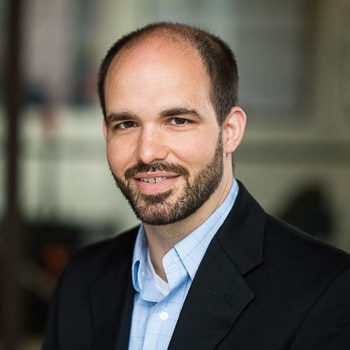Recommended Guidance for 2023 Filing Amid Tax Bill Uncertainty
On Wednesday, January 31, the House of Representatives passed The Tax Relief for American Families and Workers Act by a 357-70 bipartisan majority. If enacted into law, this bill would reinstate the full expensing of 174 expenditures, increase bonus depreciation to 100%, adjust the 163(j) index to EBITDA, and enhance the Child Tax Credit. All aspects of the bill would bring long-awaited relief to businesses and taxpayers.
Unfortunately, passage through the House is only the first step and enactment into law is far from certain. The legislation is now with the Senate, where election-year debates will slow down and potentially stall enactment. While McGuire Sponsel remains hopeful that this bipartisan legislation will be signed into law, the timeline is less predictable. Many insiders anticipate that the bill will remain stalled in the Senate until March. Given the current political climate and an upcoming election, whether this bill will pass is still unclear.
This brings into question what CPAs and their clients should do in the meantime. With tax season underway, tax professionals cannot wait for the Senate to act. We recommend that tax preparers move forward with tax preparation work as if this bill will not become law. Taxpayers who plan on filing on time need to move forward with calculations of bonus at 80% and calculating full 174 amortization.
What about taxpayers who plan on extending? These taxpayers will still need to calculate extension payments and, depending on the timing of becoming law, 2024 estimated tax payments. Taxpayers need to move forward based on the current law. Unfortunately, this means estimating the effects of 174 amortization for 2023 and the limitations of 80% bonus depreciation. Taxpayers will receive a refund if the Senate passes the legislation before the extended tax returns are due.
McGuire Sponsel will continue to advocate for the passage of this law, allowing for full 174 expensing. However, with tax season upon us, it’s critical that CPA firms do not delay tax returns while waiting for a divided government to act. We will quickly update our alliance partners and clients on any legislative action that would change our recommendation. Please contact us for any questions about this bill or where the passage stands.
David Seibel is an engineering principal for the R&D Tax Credit Practice. He combines his knowledge of tax law with his engineering expertise to maximize companies’ research credits and reduce their overall tax burdens.
David ensures clients are receiving studies that meet the highest level of quality. He conducts fieldwork, produces detailed technical calculations, and builds narratives that accurately reflect each company’s research and experimentation activity.
Recent Resources
-
R&D Tax Credit ServicesFebruary 1, 2024
House Passes R&D Expensing and Bonus Depreciation Bill
by David Seibel, EAThe U.S. House of Representatives passed HR 7024, The Tax Relief for American Families and Workers Act of 2024, on...
-
R&D Tax Credit ServicesJanuary 16, 2024
Lawmakers Introduce Bill to Delay Implementation of Section 174 Amortization
by David Seibel, EAOn January 16, 2024, Senate Finance Chair Ron Wyden (D) and House Ways & Means Chair Jason Smith (R) introduced...
-
R&D Tax Credit ServicesOctober 25, 2023
IRS Announces ERC Withdrawal Process
by David Seibel, EAOn October 19, 2023, the IRS announced a special process for employers to withdraw their Employee Retention Credit (ERC) claims if they...
-
R&D Tax Credit ServicesSeptember 12, 2023
IRS Releases Framework for Section 174 Amortization Guidance
by David Seibel, EAOn September 8, 2023, the IRS issued Notice 2023-63, which provides long-awaited guidance for the types of costs that must...


